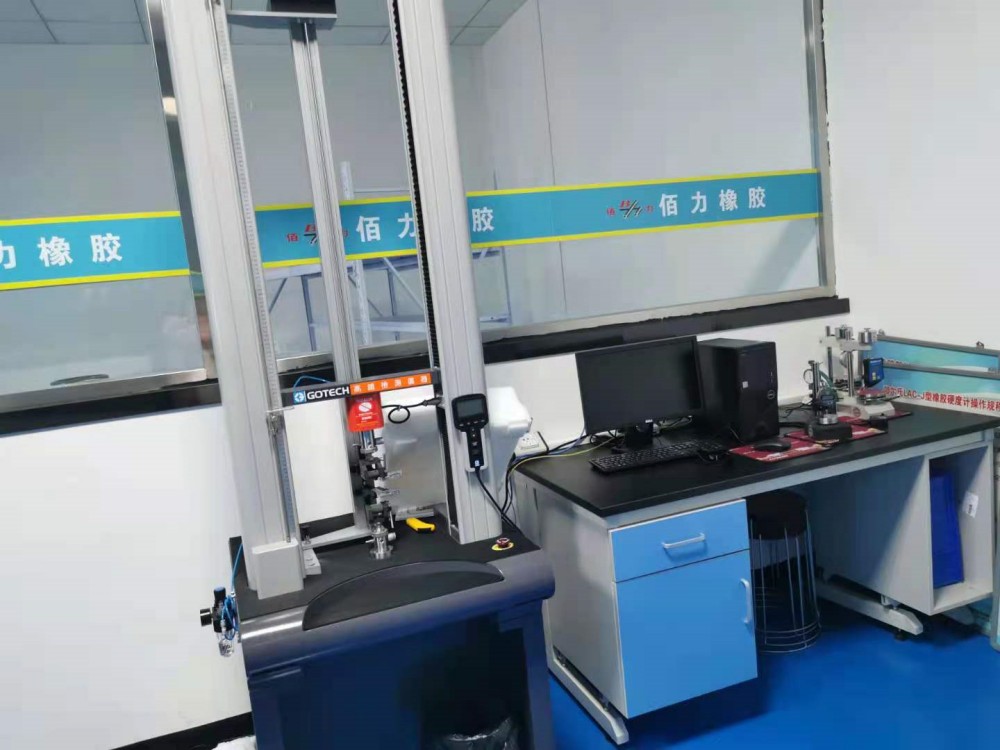Nov . 24, 2024 01:21 Back to list
abrasion resistant hydraulic hose supplier
The Importance of Abrasion Resistant Hydraulic Hoses Choosing the Right Supplier
In the world of hydraulic systems, the integrity and longevity of components are critical to ensuring optimal performance and safety. Among these components, hydraulic hoses play a pivotal role. Hydraulics rely on fluid pressure to transmit force, making hoses essential to any hydraulic system. However, one of the major challenges in hydraulic hose applications is wear and abrasion, particularly in harsh environments. This is where abrasion-resistant hydraulic hoses come into play. Choosing the right supplier for these specialized hoses is essential for achieving durability and efficiency in hydraulic systems.
Understanding Abrasion Resistance
Abrasion refers to the wear and tear that occur when surfaces rub against each other. For hydraulic hoses, this can lead to leaks, ruptures, and ultimately, system failure. Abrasion can stem from various sources, including external elements such as dirt, rocks, and debris, as well as internal factors like fluid turbulence. An abrasion-resistant hydraulic hose is designed with materials that can withstand these damaging effects, thereby prolonging the lifespan of the hose and maintaining system integrity.
Key Features of Abrasion Resistant Hydraulic Hoses
When selecting hydraulic hoses with abrasion resistance, several key features and specifications must be considered
1. Material Composition The most common materials used in abrasion-resistant hoses include rubber compounds, thermoplastics, and steel braiding. Manufacturers often utilize materials specifically formulated to resist wear, ensuring that hoses can handle high-pressure applications while remaining resilient.
2. Reinforcement Many abrasion-resistant hoses have multiple layers of reinforcement, such as steel wire or textile braids. This structure not only provides strength but also enhances the hose's ability to resist external damage.
3. Temperature and Pressure Ratings It is crucial to select hoses that meet the specific temperature and pressure requirements of your hydraulic system. A reliable supplier should provide clear documentation on these ratings to ensure compliance with operational needs.
4. End Connections The way hoses connect to hydraulic systems can affect their performance under abrasion. High-quality hoses feature robust end connections that can withstand the stress of movement and pressure variations.
abrasion resistant hydraulic hose supplier

Choosing the Right Supplier
Selecting a reputable supplier for abrasion-resistant hydraulic hoses is essential to ensure quality and reliability. Here are some considerations to guide your decision
1. Experience and Expertise Look for suppliers with extensive experience in the hydraulic hose industry. Their expertise can provide insights into the best products for your specific applications and operational environment.
2. Product Range A good supplier should offer a range of abrasion-resistant hoses, including custom solutions tailored to your specific requirements. This flexibility allows you to select the best fit for your hydraulic system.
3. Quality Assurance It is vital to choose a supplier that adheres to quality management standards and industry certifications. This commitment ensures that their products meet safety and performance benchmarks.
4. Customer Support Reliable customer service is crucial, especially if you encounter issues or need assistance in product selection. A supplier that offers comprehensive support can save you time and reduce the risk of system failures.
5. Reputation Research customer reviews, case studies, and testimonials to gauge the reputation of potential suppliers. A solid track record in delivering high-quality products and services can be a strong indicator of reliability.
Conclusion
Investing in high-quality abrasion-resistant hydraulic hoses is vital for the longevity and efficiency of hydraulic systems. These hoses provide protection against wear and tear, ensuring that hydraulic systems operate smoothly under challenging conditions. However, finding the right supplier is just as important as selecting the appropriate hose. Evaluate suppliers based on their expertise, product range, quality assurance, customer support, and reputation. Partnering with a reliable supplier can help you secure the best solutions for your hydraulic needs, ultimately enhancing performance and reducing maintenance costs in the long run. In an era where reliability is paramount, the right choices in hydraulic components can make all the difference.
-
Best Four Steel Wire Spiral Hose Hydraulic R12 – Durable High-Pressure Hose Manufacturer
NewsJul.08,2025
-
High-Quality 1/4 Hydraulic Hose – Soft, Flexible & Durable Rubber Hoses for Industrial Use
NewsJul.08,2025
-
1 1 2 Inch Hydraulic Flexible Hose - Durable, Reliable, High-Pressure Solutions
NewsJul.07,2025
-
High-Quality 1 2 Rubber Hose - Durable, Flexible Hydraulic Solutions
NewsJul.07,2025
-
Discover SAE Hydraulic Hose Types - High Quality & Durable Hoses from Leading Factory Supplier
NewsJul.06,2025
-
High Pressure Wire Hydraulic Rubber Hose Supplier Durable & Reliable 1SN Hose Solutions
NewsJul.06,2025
